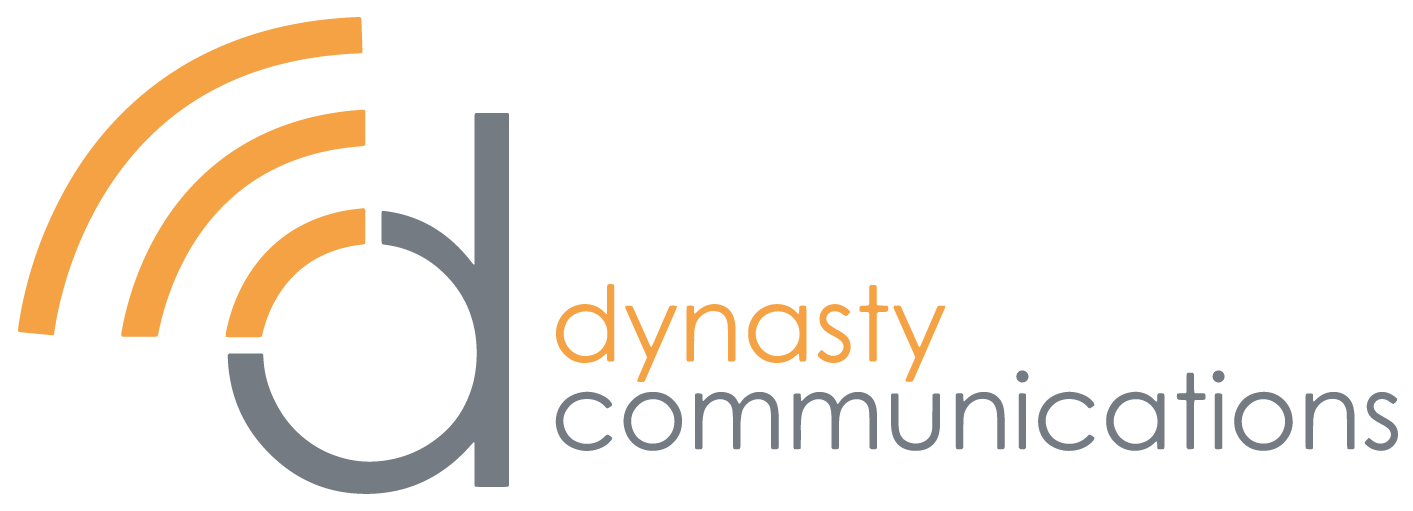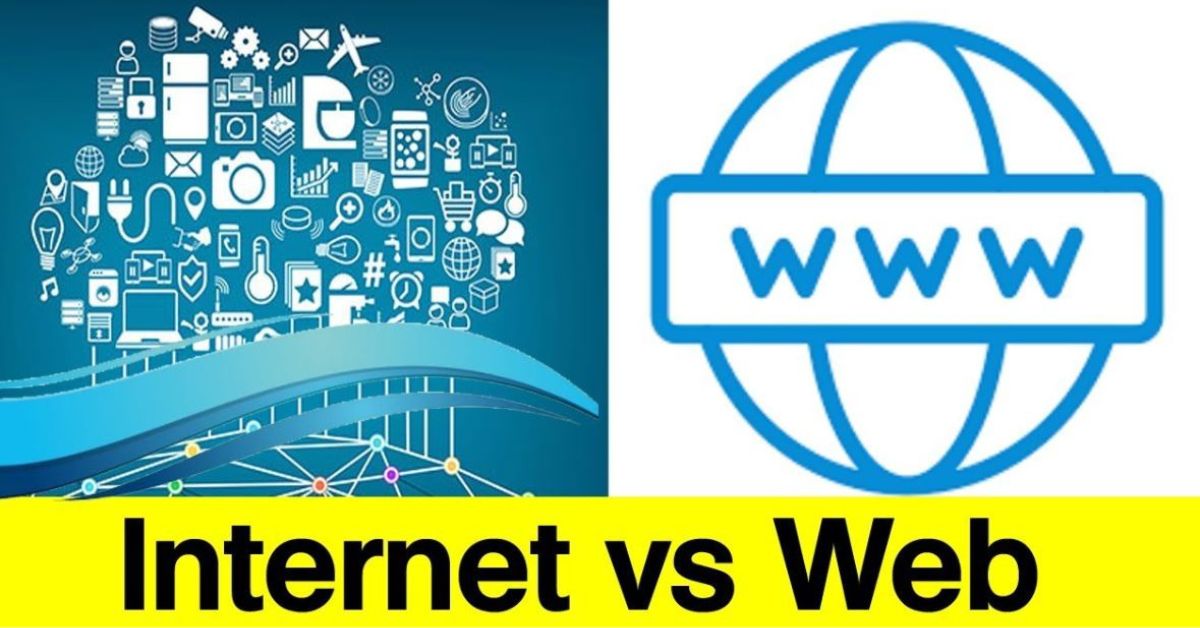However, first glance at the terms ‘Internet’ and “World Wide Web” may suggest that they are synonyms. Although not much has been used in recent years, they fulfill the same function as everyday conversation. The two terms stand for different meanings, and exploring these ideas in more detail can give rise to new insights concerning the operation of online resources.
On the other hand, North Carolina internet providers provide a plethora of solutions for dependable and fast access to homes and businesses. This is the case with the Internet and the World Wide Web. How do these two terms differ from one another? It’s time to know more about these systems that are crucial in the provision of today’s online experience.
Understanding the Internet
While looking at the web vs internet, the Internet is the most popular tool and main resource for practically everyone on the planet. It connects millions of computers, websites, and servers. We can send emails, pictures, videos, greetings, and even more things to our dears through the internet.
That is, the Internet can be regarded as a highly sophisticated network of computers and electronic devices working in tandem to support the Internet.
It provides a communication channel through which information can be shared and received. All the applications, websites, social networking apps, and other services can be accessed if your device is connected to the internet. First of all, the internet is considered the quickest channel for delivering and receiving data.
Key Characteristics of the Internet
Connectivity
Regarding the difference between web and Internet, the Internet is all about connecting devices globally. Whether you’re sharing a photo with a friend across the street or accessing a website hosted on the other side of the world, the Internet facilitates this connectivity.
Data Transfer
It enables the transfer of data in various forms, from text and images to videos and more. This data transfer occurs through protocols like TCP/IP (Transmission Control Protocol/Internet Protocol).
Understanding the Web
As we are concerned about the web vs internet, let’s zoom in on the Web, which is often confused with the Internet. A portion of the Internet dedicated to information sharing and access via web pages is known as the World Wide Web (www).
In the client-server model of the Web, users (clients) ask servers for information. When you open a web browser and type a URL (Uniform Resource Locator) or click on a link, you’re utilizing the Web.
Key Characteristics of the Web
HTTP and HTTPS
The World Wide Web relies on two key communication protocols for facilitating data exchange between web browsers and servers: Hypertext Transfer Protocol (HTTP) and its secure counterpart, HTTPS. HTTP serves as the foundation for transmitting information over the internet. However, due to security concerns, HTTPS has become the preferred choice for many websites.
Web Pages
Concerning the difference between web and internet. At the heart of the Web are web pages, which serve as the fundamental units of online content. These pages can encompass a diverse range of elements, including text, images, videos, and interactive components, providing a rich and dynamic user experience. Web developers commonly utilize languages such as Hypertext Markup Language (HTML) to structure content and Cascading Style Sheets (CSS) to define the visual presentation.
Understanding the World Wide Web (www)
If you have a question about is the internet and www the same thing. A network of home pages or websites housed on web servers and connected to local systems over the Internet is known as the Web, often known as the World Wide Web.
They include text pages, digital photos, audio, and videos. Through the Internet, users can access content from these sites anywhere in the world using computers, laptops, and cell phones. The WWW with the internet enables retrieving any text or media files on your device for displayation.
Users can access and share information with other internet users via the web, also known as www. Unlike in a book where we go from one page to another, progressively on the WWW (World Wide Web), we use a network of hypertext links that take us to reach this single point – that is, a certain webpage and navigate through some other desired pages.
You must have a browser installed on your computer to use the internet. For instance, web browsers, including Google Chrome, Mozilla Firefox, and Microsoft Edge, among others, enable you to surf the internet.
Key Characteristics of the World Wide Web
Hyperlinks
Hyperlinks are what makes the Internet so interconnected. They allow users to navigate from one page to another with ease, and can even direct them to specific sections within a page. Without hyperlinks, the internet would be a much less user-friendly and cohesive place.
URLs
Uniform Resource Locators (URLs) serve as addresses for web resources. When you enter a URL into your browser, you’re specifying a particular resource’s location on the Web.
Difference Between World Wide Web and Internet
Here’s a simple chart highlighting the key difference between World Wide Web and Internet:
| Feature | World Wide Web (WWW) | Internet |
| Purpose | Facilitates the sharing and accessing of information, multimedia content, and services over the Internet. | Serves as the infrastructure that enables various services, including the WWW, email, file sharing, and more. |
| Accessibility | Accessed through web browsers like Chrome, Firefox, and Safari. | Accessed through various means, including browsers, email clients, file transfer protocols, etc. |
| Protocol | Primarily uses HTTP/HTTPS (Hypertext Transfer Protocol/Secure) for communication. | Utilizes various protocols like TCP/IP (Transmission Control Protocol/Internet Protocol) for data transmission. |
| Components | Consists of web pages, hyperlinks, multimedia content, and web servers. | Comprises a vast network of interconnected devices, routers, servers, and other hardware. |
| Examples | Websites, web applications, online content (blogs, videos). | Websites, email, file transfer (FTP), online gaming, etc. |
| Dependency | Relies on the Internet infrastructure for data transmission. | Forms the foundation for various online services and applications, including the WWW. |
| Invention | Invented by Sir Tim Berners-Lee in 1989. | Developed over several decades, with contributions from various researchers and engineers. |
| Scope | A subset of the Internet focuses on information sharing and browsing. | Encompasses a broader range of services beyond the WWW, including communication, data transfer, and more. |
The main differences between the Internet and the World Wide Web are summarized in this graphic. Keep in mind that while the terms are often used interchangeably, they refer to different aspects of the online experience.
Sum Up!
Understanding the differences between the Internet, the Web, and the World Wide Web is crucial for navigating the digital landscape effectively.
Moreover, when comparing fiber internet vs wifi, it’s essential to understand that fiber provides a dedicated and high-speed connection directly to your home, WiFi, on the other hand, is a wireless technology that enables internet access for devices in your network.
Most people ask that is the Internet and the web the same thing so the Internet provides the foundation for global connectivity, the Web offers a platform for sharing and accessing information, and the World Wide Web symbolizes the vast, interconnected network of resources that enrich our online experiences.
By demystifying these terms, we empower ourselves to make the most of the incredible digital realm that has become an integral part of our daily lives.

